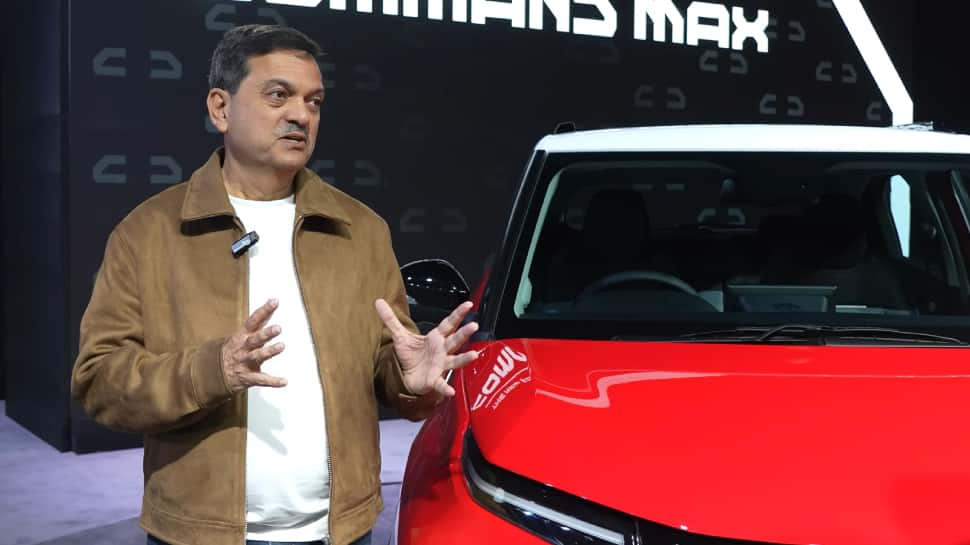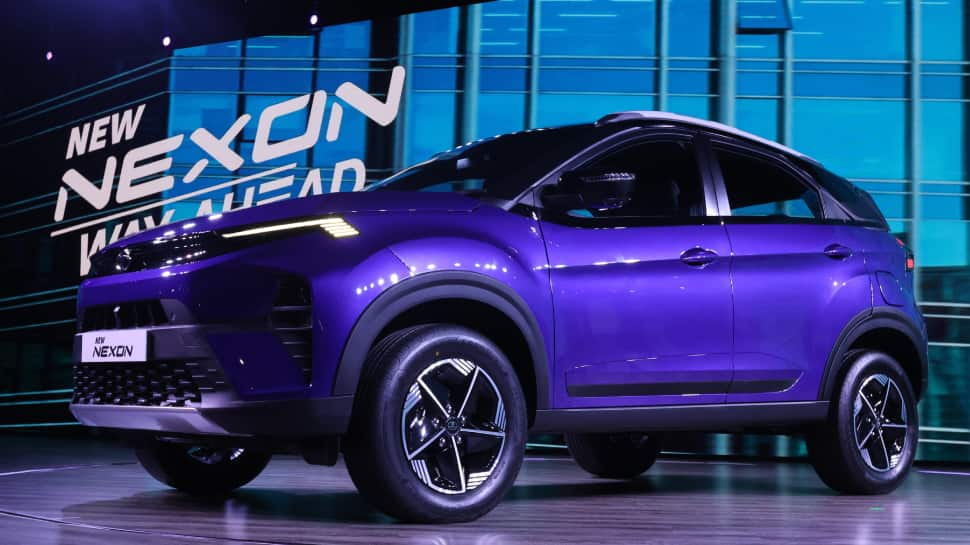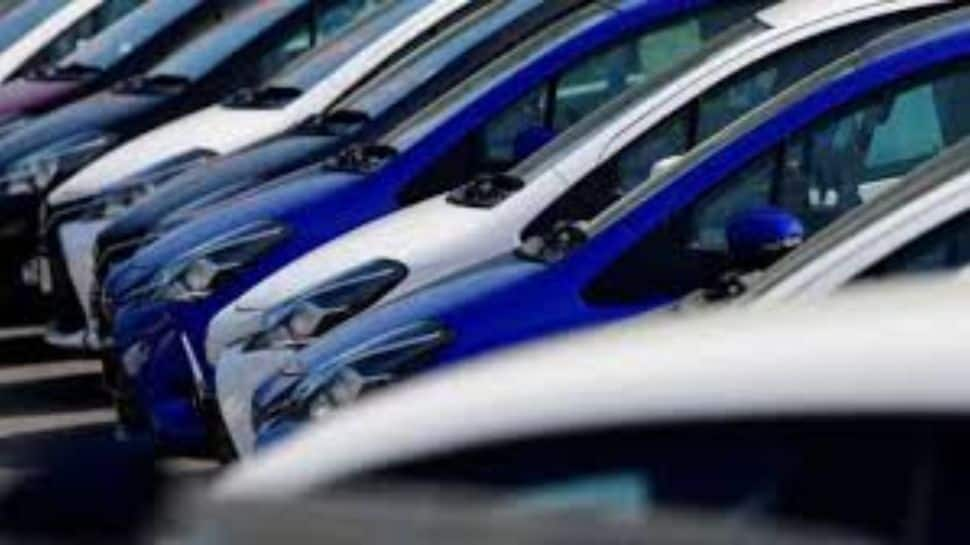Business
Tata Motors Demerger To Take Effect On October 1
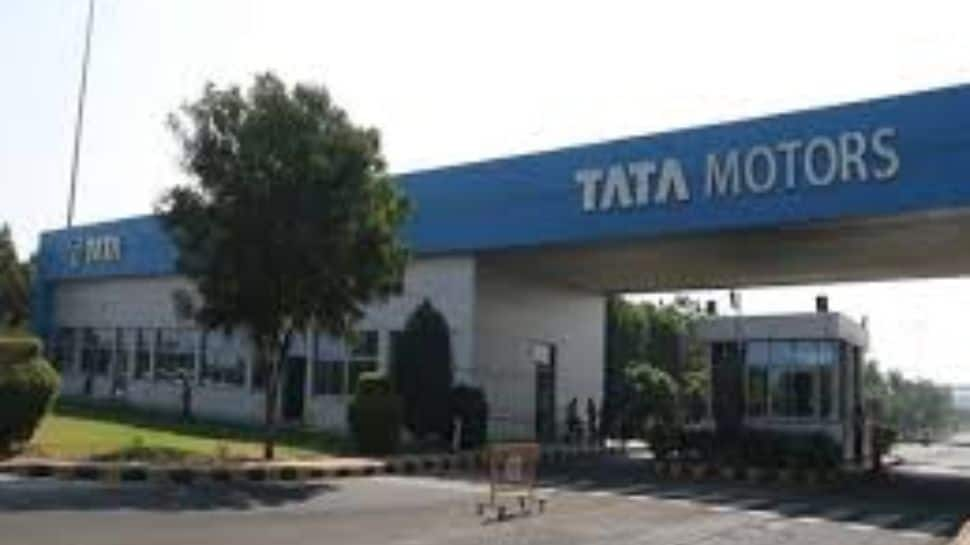
New Delhi: Tata Motors Limited has announced that its demerger into separate commercial vehicle and passenger vehicle businesses will take effect on October 1. The move comes after receiving approvals from its board, regulators, and the National Company Law Tribunal. As part of the demerger, shareholders will receive one share in the new commercial vehicle company for each fully paid Tata Motors share held on the record date, the company said in a filing to the exchanges.
The record date is pending announcement and will be revealed after the completion of statutory filings. Upon confirmation of the record date, investors will receive one share in the CV and PV companies for each Tata Motors share they own. Shares will be automatically credited to investors’ demat accounts, with voting rights remaining proportionate across both entities. Both companies will set their own dividend policies moving forward.
As part of the demerger, Tata Motors will split into two separate listed entities. The commercial vehicle business arm housed in TML Commercial Vehicles Ltd. (TMLCV) is expected to be renamed to Tata Motors Limited once the demerger is complete.
Tata Motors will rename its existing listed company to Tata Motors Passenger Vehicles Ltd., retaining its passenger vehicle and electric vehicle businesses, as well as investments like Jaguar Land Rover.
Girish Wagh, who currently heads Tata Motors’ CV operations, will lead the new commercial vehicle company, while Shailesh Chandra, the current head of the passenger vehicle and electric vehicle divisions, will spearhead the PV-focused company.
Tata Motors announced that the demerger aims to unlock value and enhance corporate efficiency, highlighting the distinct market dynamics, opportunities, and capital requirements of its CV and PV businesses.
Tata Motors first announced plans for a demerger in 2024. The appointed date for accounting and valuation purposes is July 1, 2025, while October 1 marks the legal effective date.
Business
IIP sees 4.8% YoY growth in January; manufacturing & electricity support rise – The Times of India

India’s Index of Industrial Production saw a 4.8% increase year-on-year in January 2026, according to the Ministry of Statistics & Programme Implementation. The rise in industrial output was largely driven by a 4.8 per cent expansion in manufacturing and a 5.1 per cent improvement in electricity generation. Mining activity also supported overall growth, registering a 4.3 per cent uptick during the month.Estimates placed IIP at 169.4 for January 2026, compared with 161.6 in January 2025. This follows a stronger reading in December 2025, when industrial production had grown by 7.8 per cent. For January 2026, the sector-specific indices stood at 157.2 for mining, 167.2 for manufacturing and 212.1 for electricity.Within manufacturing, 14 of the 23 industry groups at the NIC two-digit level posted year-on-year gains in January. The strongest contributors were manufacture of basic metals, which rose 13.2 per cent; manufacture of motor vehicles, trailers and semi-trailers, up 10.9 per cent; and manufacture of other non-metallic mineral products, which increased 9.9 per cent. Growth in basic metals was supported by items such as flat products of alloy steel, MS slabs, and hot-rolled coils and sheets of mild steel.The automobile category advanced on the back of higher output of auto components and spare parts, commercial vehicles, and bus and minibus bodies or chassis. In the non-metallic mineral products segment, cement of all types, cement clinkers and stone chips were key contributors.According to use-based classification, output of primary goods grew 3.1 per cent, capital goods rose 4.3 per cent and intermediate goods increased 6 per cent compared with January 2025. Infrastructure and construction goods recorded the sharpest rise at 13.7 per cent, while consumer durables expanded 6.3 per cent. In contrast, consumer non-durables declined by 2.7 per cent. The ministry identified infrastructure and construction goods, intermediate goods and primary goods as the leading drivers of growth under this classification.
Business
Will petrol and diesel prices go up now?
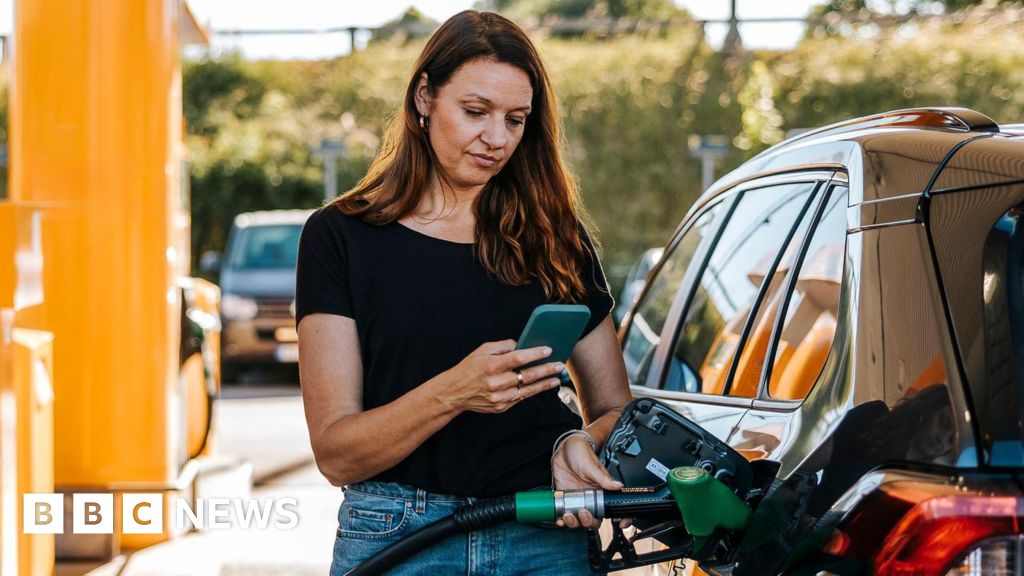
There might also be a more direct impact on food. “Some elements of crude oil are used in fertiliser, and so there could be a cost implication in terms of food prices,” Benjamin Goodwin, partner at banking advisory firm PRISM Strategic Intelligence told the BBC.
Business
Gold Price Jumps Rs13,300 Per Tola in Pakistan – SUCH TV

Gold prices in Pakistan surged sharply on Monday, with the price of 24-karat gold rising by Rs13,300 per tola, according to the All Pakistan Sarafa Gems and Jewellers Association.
The new price of 24-karat gold per tola stands at Rs563,862, up from Rs550,562.
Updated Gold Rates
24K gold (per 10 grams):
Increased by Rs11,402 to Rs483,420
22K gold (per 10 grams):
Rose by Rs10,453 to Rs443,151
Silver Prices Also Rise
Silver (per tola):
Up Rs188 to Rs10,050
Silver (per 10 grams):
Increased by Rs161 to Rs8,616
International Market Impact
The surge in domestic prices follows gains in the international market, where gold climbed by $133 to $5,411 per ounce, while silver rose by $1.88 to $95.66 per ounce.
Analysts attribute the rally to global economic uncertainty and heightened geopolitical tensions, which typically drive investors toward safe-haven assets like gold.
-

 Politics1 week ago
Politics1 week agoPakistan carries out precision strikes on seven militant hideouts in Afghanistan
-

 Tech1 week ago
Tech1 week agoThese Cheap Noise-Cancelling Sony Headphones Are Even Cheaper Right Now
-

 Entertainment1 week ago
Entertainment1 week agoViral monkey Punch makes IKEA toy global sensation: Here’s what it costs
-

 Sports1 week ago
Sports1 week agoKansas’ Darryn Peterson misses most of 2nd half with cramping
-
Sports1 week ago
Mike Eruzione and the ‘Miracle on Ice’ team are looking for some company
-

 Business6 days ago
Business6 days agoHouseholds set for lower energy bills amid price cap shake-up
-
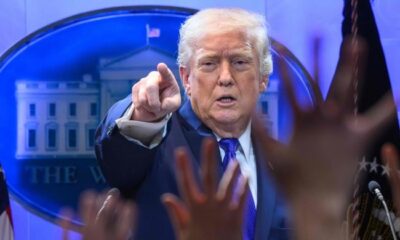
 Politics1 week ago
Politics1 week agoTrump says he will raise US global tariff rate from 10% to 15%, following court ruling
-
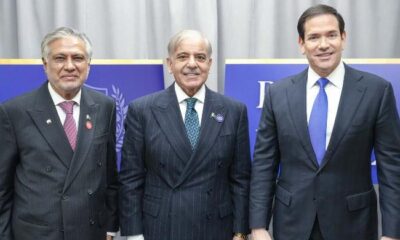
 Entertainment1 week ago
Entertainment1 week agoTalking minerals and megawatts


